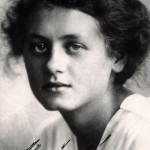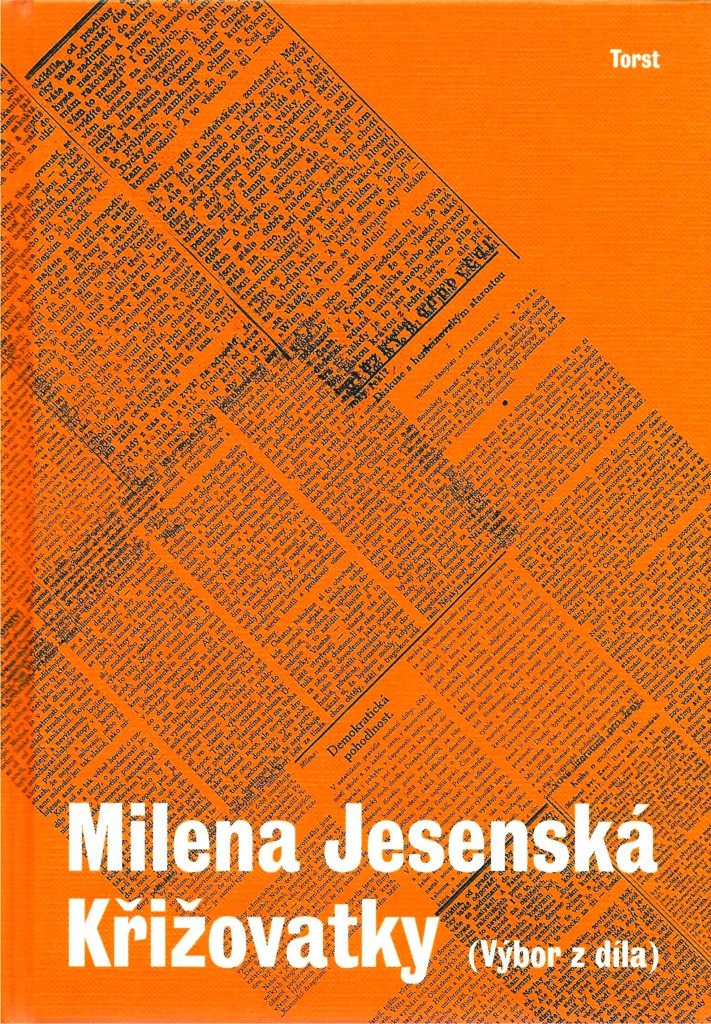This anthology of articles by the famous Czech journalist and friend of Franz Kafka, Milena Jesenská, has revived the legend of her life, work and character: the legend of an intelligent and courageous woman who was true to her ideals.
Anthology, Essay
The preparation of this extensive anthology of journalistic pieces, written between 1919 and 1939 by the famous Czech journalist, Milena Jesenská, took its editor, the literary historian Marie Jirásková, 40 years. The anthology captures the continuity and transformation of Milena Jesenská’s opinions, attitudes and style throughout the historically tense years of the First Czechoslovak Republic and World War II. Empathy and a social conscience, unpretentiousness and simplicity were always the highest values in her eyes. As well as being an excellent analytical reporter, Milena Jesenská is also considered to be the leading founder of the Czech feminist movement, whose opinions on women’s issues are remarkably current and visionary. Jesenská’s bravery in the face of Nazism and Stalinism can be appreciated by the reader to at least the same extent as her personal life, which was of such interest to the media at the time.

Milena Jesenská (1896–1944) was a journalist, writer and translator. She attended the Minerva Grammar School for Girls and was friends with the leading representatives of the so-called Prague German Jewish literature: Franz Werfel, Max Brod and Franz Kafka amongst others. She abandoned her studies at medical school and moved to Vienna, where she taught Czech to Hermann Broch, for example, translated texts from German and wrote articles for Czech newspapers. She translated the prose of Franz Kafka from 1919; their friendship by correspondence lasted until Kafka’s death in 1923 (Franz Kafka’s Letters to Milena is one of the fundamental literary works of the twentieth century). She continued to work as a journalist after returning to Prague in 1925 (for example, she led the Přítomnost review in 1938–9). She participated in the anti-Fascist resistance, as a result of which she was arrested in 1939 and deported to the Ravensbrück concentration camp, where she died in 1944. Her journalistic work achieved recognition after World War II; an international journalism prize now bears her name.
